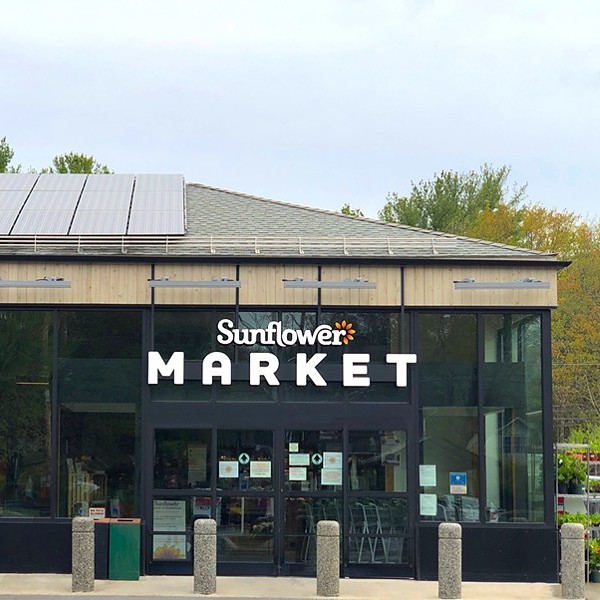Buying your fruits and veggies from local food growers affords you the opportunity to shake hands with the person whose energy and dedication imbibed the foods your taking home, and particularly in our lush valley, it doesn’t mean limiting your options. During the growing season, there is a weekly farmers’ market in every corner of the region.
Another increasingly popular way to support local food production is to buy a share in one of the dozens of CSA (community supported agriculture) farms in the Hudson Valley. Buying your portion of the crop’s yield before the growing season ensures the financial stability of the farms—many of them organic—that deliver your fruits and veggies at weekly pick-ups.
But buying locally doesn’t stop with what’s for dinner, reminds Hillman. “For all of my other goods,” she continues, “I try to purchase from locally owned, sole-proprietor businesses. Trying to finance large purchases like a mortgage from a locally owned bank that reinvests in one’s own community is another great way to buy local.”
Buy Smart
It takes a real shift in our collective cultural attitudes about consumption to make a difference. Start by continuing to ask yourself a few simple questions: Do I really need this? Will it last? How has its production impacted the environment? Am I spending my money wisely and responsibly?
For every bit of throwaway product we’ve grown so accustomed to using in our daily lives, there is sure to be a preferred nondisposable, reusable equivalent, so stop buying paper napkins and towels and opt for cloth linens instead. Cloth diapering a baby from birth to potty training will prevent an average of 5,000 disposable diapers from languishing in our landfills for centuries. Even better, it’ll save you thousands of dollars.
Pass on furniture, clothing, and household goods that still have life in them, and find what you need in consignment shops and garage sales before you head to the mall.
Beyond what we buy, businesses pay attention to how we buy, and in giving our financial support to environmentally responsible companies, we move closer to a truly green economy.
Make—And Bring—Your Own
It is nothing short of amazing how many expensive, toxic household chemicals can be replaced with a few less expensive ingredients. Baking soda, vinegar, plant-based dish soap, and your favorite essential oil, in various combinations, virtually eliminate the need for soft scrub, floor and surface cleaner, window spray, even drain opener. The benefits to making this change—to the environment in and out of our homes, not to mention to our health—are unquestionable.
Americans use more than 100 billion plastic shopping bags a year, consuming an estimated 12 million barrels of oil and clogging our landfills. On the other hand, processing paper bags burns nonrenewable energy and generates more pollution than plastic. In the grocery store, the real sustainable answer is neither paper nor plastic. Get into the habit of bringing your own bag.
Recycle Everything You Can
Recycling isn’t just the smart thing to do. In most parts of the Hudson Valley, it’s mandated. Ulster County’s Mandatory Source Separation and Recycling Law has been in effect for over 16 years, and it applies to every household, business, institution, school and government agency. As well, if you’re only recycling your soda cans and milk cartons, you could be keeping so much more out of the landfill. Visit Ulster County’s Resource Recovery Agency online at www.ucrra.org to learn how, where, and when to recycle your appliances, plastic grocery bags, electronics, tires, packing peanuts, and more. Keep everything you can out of the landfill.
















